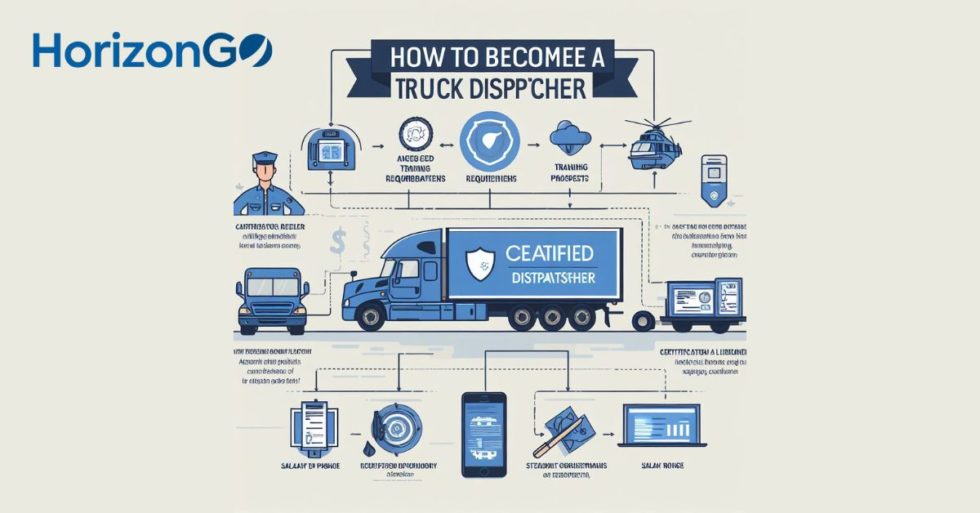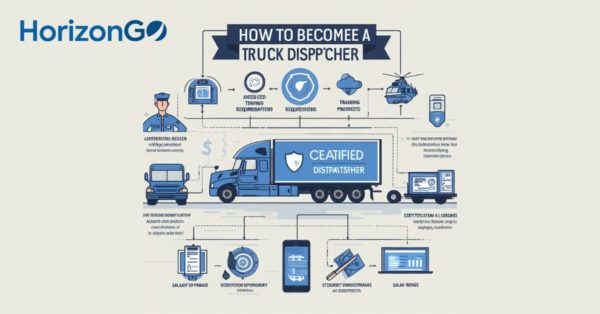A key Performance Indicator (KPI) is a quantifiable statistic that shows how well a firm is accomplishing strategic business goals. Companies use KPIs at many stages to assess their progress toward their goals. Low-level KPIs would rely on procedures in departments such as marketing, HR, support, and many others, whereas high-level KPIs might be focused on the organization’s success.
What is KPI?
A collection of measurable statistics used to judge a company’s overall analysis is key performance indicators (KPIs). Changes in KPIs might reveal which company processes are effective and need to be improved. They can also assist you in tracking progress while your team, department, or corporation works toward a common objective or aim.
Some KPIs, such as sales revenue, represent the company’s general progress. So you can analyze them every year to compare to past data and forecast trends. Certain KPIs, such as the average number of offers in the selling process, may profit from a monthly comparison because it can help adjust your sales plan over the year. KPIs are used to evaluate a firm’s KPI operations, economic, and logistical accomplishments, especially compared to other companies in the same industry.
Why is KPIs Tracking Important?
Tracking your department’s or firm’s KPIs may help you track performance, create targets, as well as make operational adjustments. While KPIs are measurable, you may use them to set reasonable objectives and track your department’s or industry’s performance toward achieving them. Marketing, advertising, customer support, and operation are just a few of the sectors where KPI tracking software may help you enhance efficiency.
The Advantages of Tracking KPIs
You may complete a broad set of management duties by carefully observing your company’s KPIs, including:
Examining sales and marketing plans
You can assess the efficacy of the company development strategy to make adjustments by monitoring sales and service KPIs. KPI monitoring for sales and marketing may assist you in gathering and interpreting a broad range of information, making sure to focus on more productive distribution channels and lead-generating events. For example, you may evaluate your real exchange rate to the conversion rate for sales prospects that enter the funnel through a webinar. If webinar offers are converted faster than the norm, we might focus on webinar marketing in the coming quarter.
Goal selection based on historical patterns
Historical KPI report analysis can assist you in identifying expansion opportunities by displaying changes, particularly KPI measurement standards over time. Monitoring KPI applications might help you identify patterns for your clients buying your items or pointing to new development locations. If you gather area information through online sales leads, KPI tracking may reveal that more marketing leads originate from a specific region each year. This information may persuade you to devote more resources and staff to expanding that market in the future.
Progress toward a team or corporate objective is measured.
By giving precise indicators, KPI tools may also help you monitor your progress toward attaining a certain objective for the organization or department. You could want to break down your objectives into smaller chunks, keeping track of your KPIs and making modifications as appropriate. For example, if you aim to increase sales leads in a new industry by 150 percent in a year. You may be broken down into smaller targets throughout the year and track your progress with KPI analytics.
Make preparations for expected growth.
You may develop a model of the company’s previous developments using previous KPI information, enabling you to prepare for the future. Historical KPI information, in addition to industry projections, job outlooks, as well as other data, may help you predict how your firm will expand over the following year or decade. Based upon your expected growth patterns, you may use this data to design future projects, expand your personnel, or invest in additional property. You may also utilize the data to alter your sales or marketing methods to generate higher profits than planned.
How to Keep Track of Key Performance Indicators
There are a few methods to tracking KPIs and using the information to monitor development in your department or company:
Set your goals and timetables.
Choosing which KPIs to track and giving statistical significance in the context of your company’s growth may be aided by establishing a target and deadline. KPI monitoring may be a powerful tool to monitor success toward measurable data with set deadlines.
Determine which KPIs will be tracked for each project.
You could track only one KPI depending on the aim, but you might also monitor two or three to receive a comprehensive range of data while keeping focused on your specific purpose. The KPIs you select to associate with a goal might offer data on your performance toward the objective and the assets you used to get there.
Make sure your teams keep track of their data.
Several companies or departments may require new techniques to correctly record everything they accomplish in their daily job to measure the KPIs you selected. Although sales and marketing may already use sales statistics and lead volume to gauge job success, various departments may need to switch to a quantitative approach to track KPIs.
Build project teams to work on KPI-related tasks.
It may be beneficial to have a trained team to analyze the system. If you employ a KPI tracker to develop and evaluate an effective plan. They can keep track of KPIs connected to a certain objective or strategy and modify departmental or business operating processes to improve performance.
KPI monitoring and reporting are essential in today’s workplace as part of continual attempts to correctly organize businesses for success.
Developing a suitable KPI collection is the first stage toward properly tracking your company’s performance measures. Various areas can be instantly addressed by precisely measuring relevant KPIs once you clearly understand what they are. Among the most prominent applications for KPIs is marketing, where overall performance and evaluation progress can be quantified and tracked more easily. Companies may use KPI tracking to learn how their sales funnels are doing from lead to conversion and where they’re being improved.
FAQ’S
What is the Difference: Metrics VS KPI
KPI vs. Metrics: KPIs are the key measurements that are most effective in driving your business ahead. Metrics are the key measures that will have the least impact on moving your organization forward. They describe and give insight into your company’s needs to track metrics and attain to meet its long-term goals.
Metrics assess and offer data on your organization’s conventional business operations. Still, they aren’t the most critical metric tracking, analyzing, and operating against to meet your strategic goals.
How to Measure KPI?
It depends on the actual KPI tracking data. But most companies measure and track key figures with Business Intelligence software and reporting tools.
How to Track KPIs?
Web analytics is the most prevalent technique for tracking KPIs. Google Analytics can track a wide range of data, including website performance, new subscribers, and purchases. The problem with such concrete data is that the statistic that has to be tracked is frequently intangible, or at the very least, subject to human interpretation.
When it comes to components of consumer happiness, this may become more difficult to quantify. Typically, more than one Key Performance Indicator is required for these measurements. But it is crucial not to get carried away since too much data may be confusing. Focusing on the proper KPI, as always, is critical, usually by constructing them with a tighter scope.









